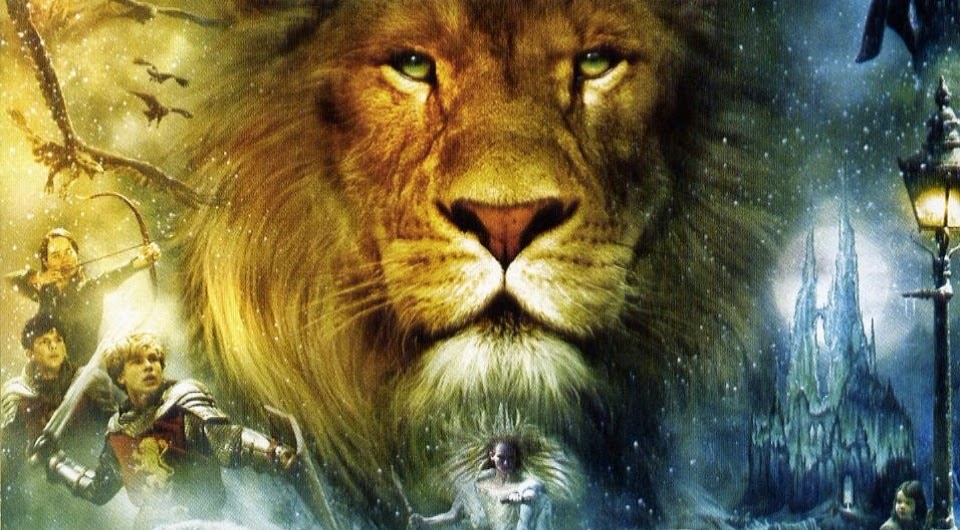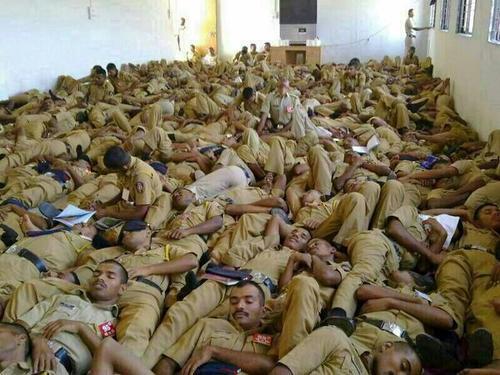Few days back I wrote about 3D printing. It is an awesome technology. 3D printing technology is basically for creating rigid objects. It's applications are endless.
It is cheap, fast and efficient.
We live in an age of technology where new one comes at flick of eye. After 3D printing, technology geeks found a new technology called 4D printing. What? 4D! what that supposed to be! Well in physics we learnt about 4th dimension, which is time. But here the fourth dimension is not a time!
It is cheap, fast and efficient.
We live in an age of technology where new one comes at flick of eye. After 3D printing, technology geeks found a new technology called 4D printing. What? 4D! what that supposed to be! Well in physics we learnt about 4th dimension, which is time. But here the fourth dimension is not a time!
In mathematics, four-dimensional space ("4D") is typically meant to mean four-dimensional Euclidean space, generalizing the rules of three-dimensional Euclidean space. It has been studied by mathematicians and philosophers for over two centuries, both for its own interest and for the insights it offered into mathematics and related fields.
Whatever! I don't like maths! If you have seen Walt Disney Animations' Big Hero 6, American 3D computer-animated superhero comedy film, they have shown some cool 4D material which changes shape according to your imagination. Well that was just a movie.
Well, too much talk let's see a video.
What an awesome technology. This technology has enormous application in today’s world. Great work Mr. Skylar Tibbits.
Skylar Tibbits
Skylar Tibbits
Skylar Tibbits








.jpg)























